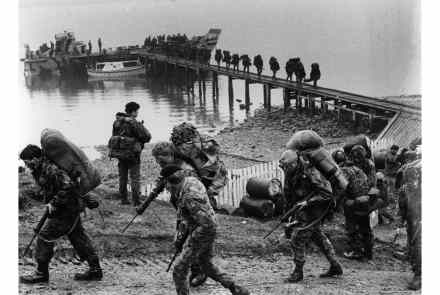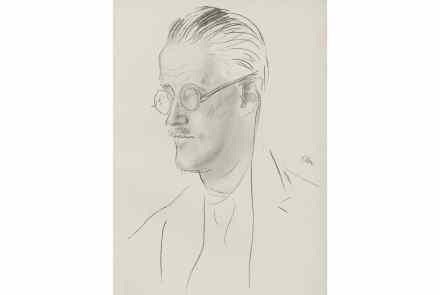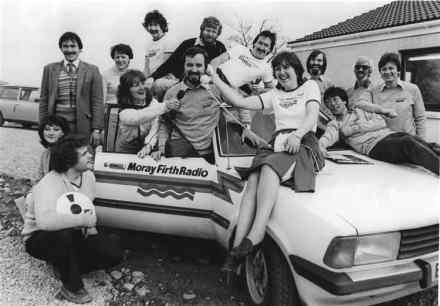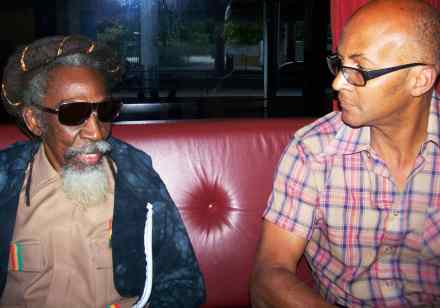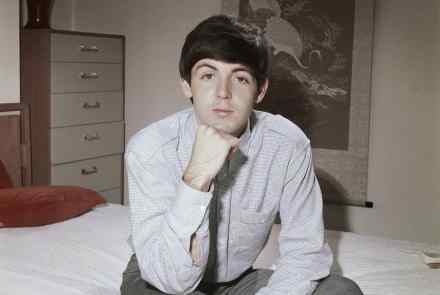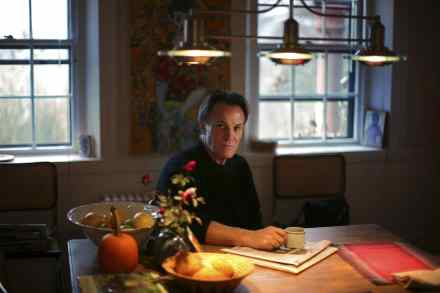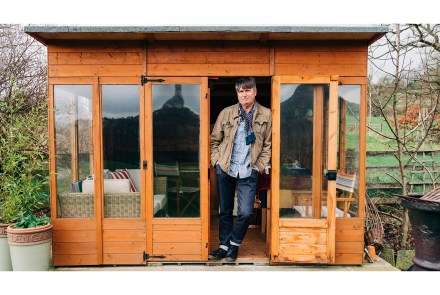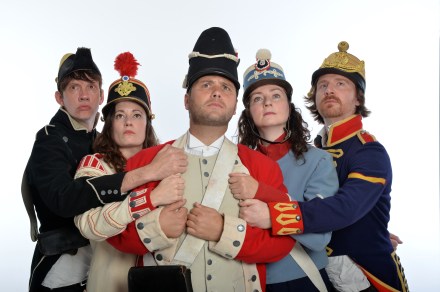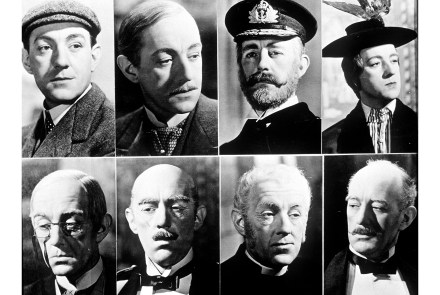Changing channels: the new war for political broadcasting
It’s hard to step outside nowadays without being confronted with a massive picture of Piers Morgan. In the adverts for his new TalkTV show he can be seen crushing the House of Commons in his hands or pointing to an address for the channel’s complaints department. ‘Love him or hate him,’ the adverts declare, ‘you won’t want to miss him.’ Actually, it seems, people don’t mind if they do. At the last count, barely 40,000 tuned in. In contrast, Morgan’s final appearance on Good Morning Britain drew almost two million viewers. So what’s going on? One answer is that TalkTV, like any new channel, will take a while to establish



